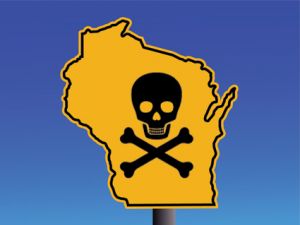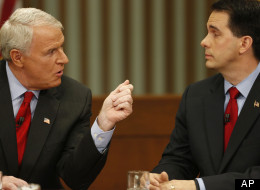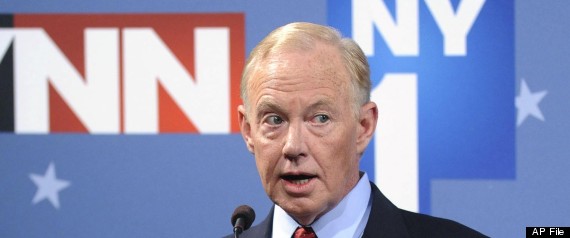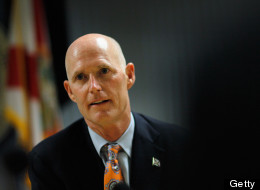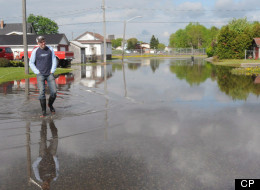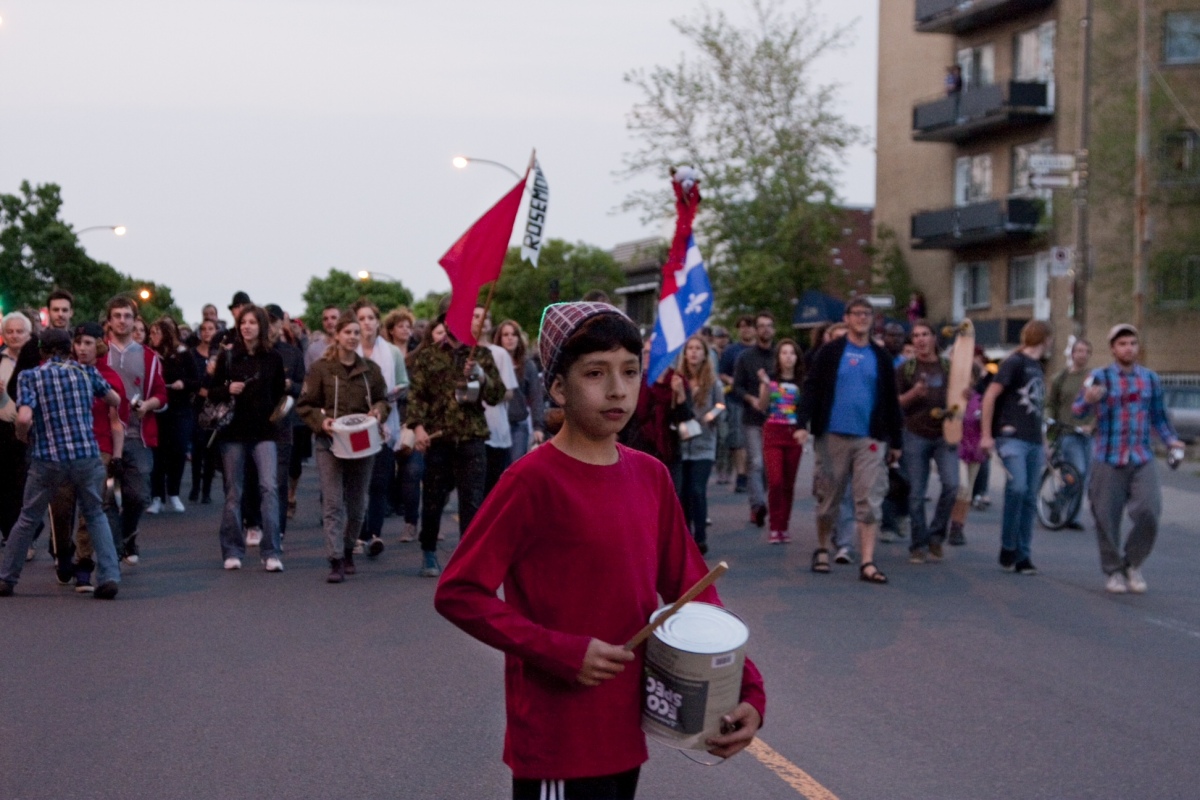As the Quebec student protests come to a head and coverage of the events begins to be featured by prominent news organizations across the globe, international opinion remains divided over the issue. While protestors are often mocked in the U.S. for objecting to what amounts to a miniscule tuition hike for any American, there has also been an influx of support for the students, especially in the wake of the protest-limiting bill 78.
Newspapers such as The Guardian have labeled that piece of hastily written legislation “draconian”, and perhaps rightfully so. Recently the bill has garnered widespread ire from rights groups such as Amnesty International who lend their support to protestors. It was also after the bill’s passing that the numbers in the anti-government rallies rose to the hundreds of thousands, and perhaps even more significantly, saw the original group of francophone student activists joined by protestors from a range of different demographics. Moreover, the Charest government, who were widely backed against the protestors in polling before the legislation, began to lose favour.
Newspapers such as The Guardian have labeled that piece of hastily written legislation “draconian”, and perhaps rightfully so. Recently the bill has garnered widespread ire from rights groups such as Amnesty International who lend their support to protestors. It was also after the bill’s passing that the numbers in the anti-government rallies rose to the hundreds of thousands, and perhaps even more significantly, saw the original group of francophone student activists joined by protestors from a range of different demographics. Moreover, the Charest government, who were widely backed against the protestors in polling before the legislation, began to lose favour.





